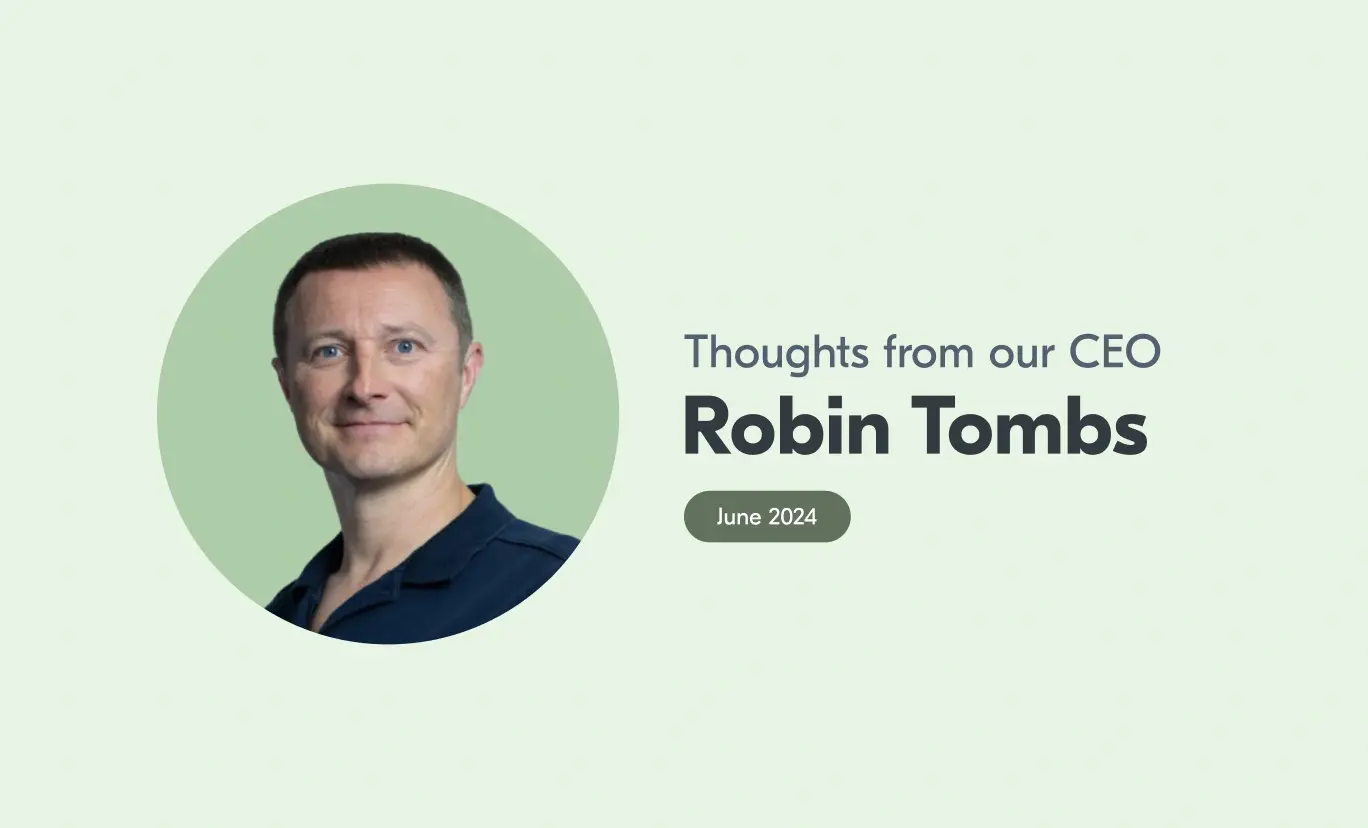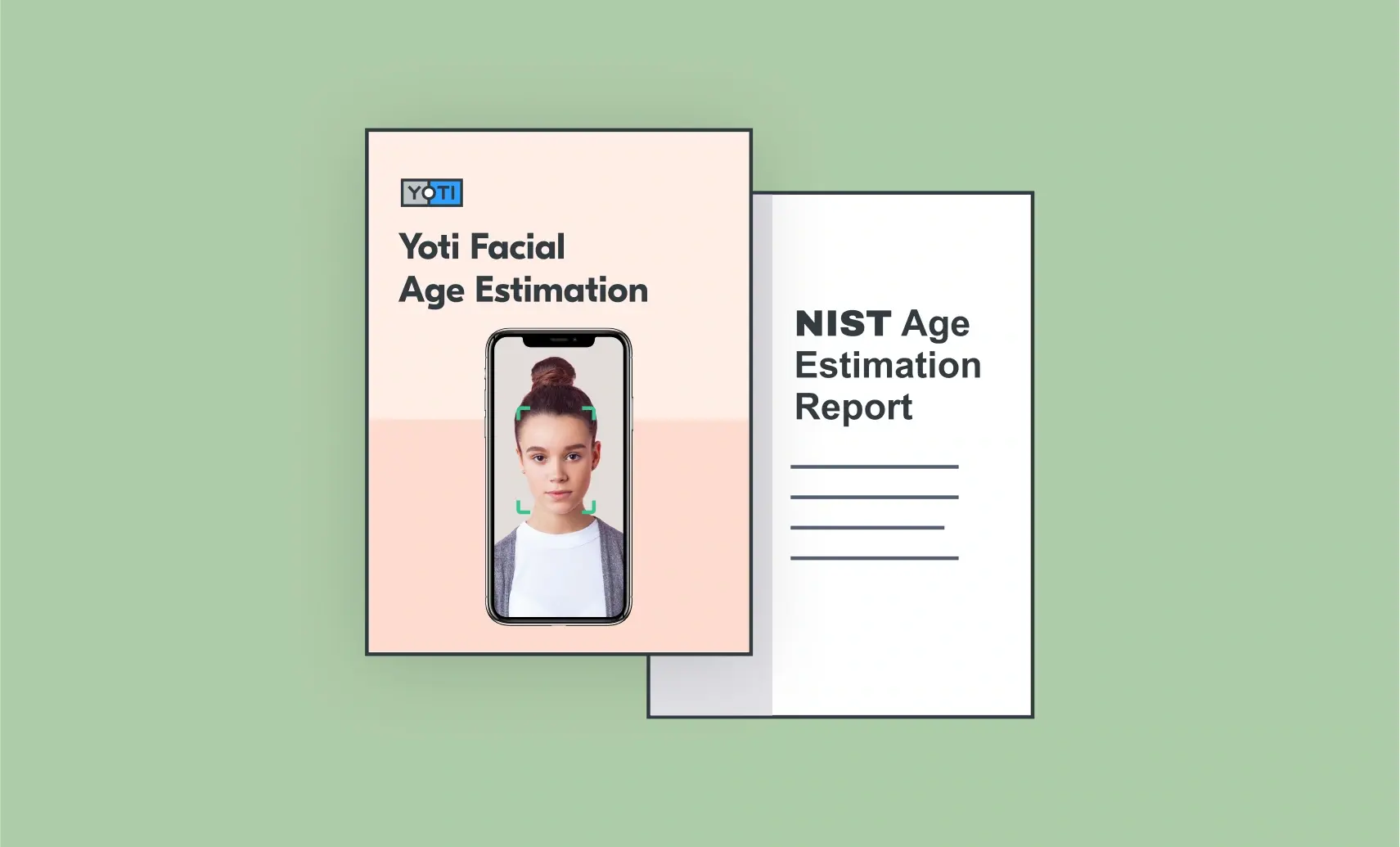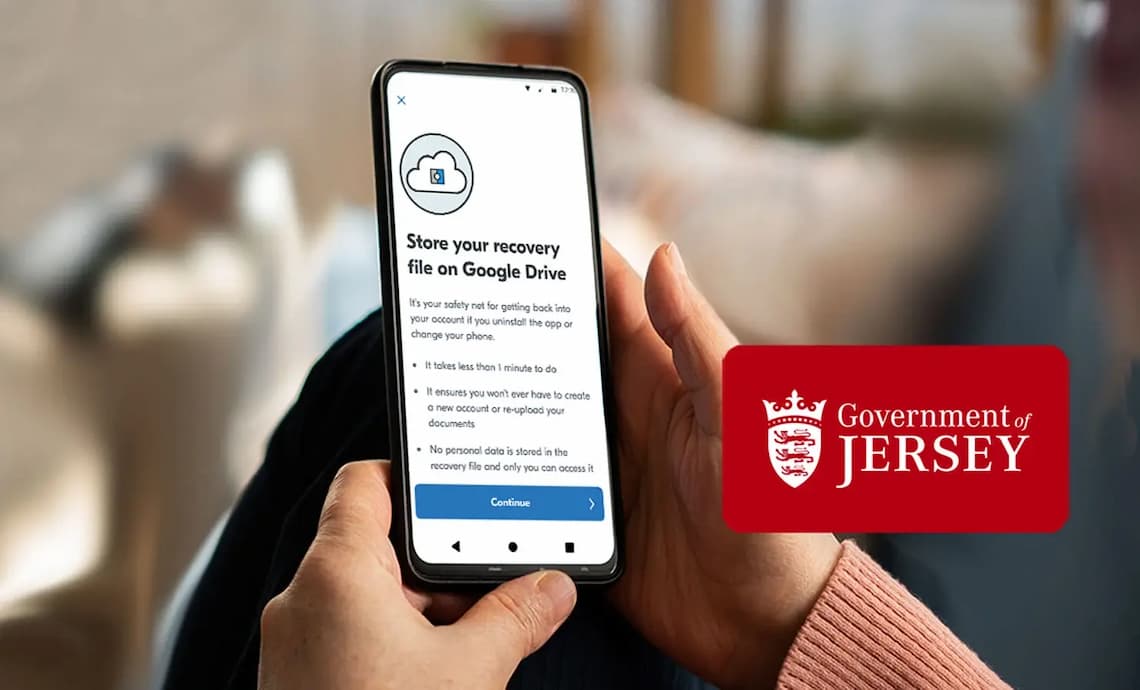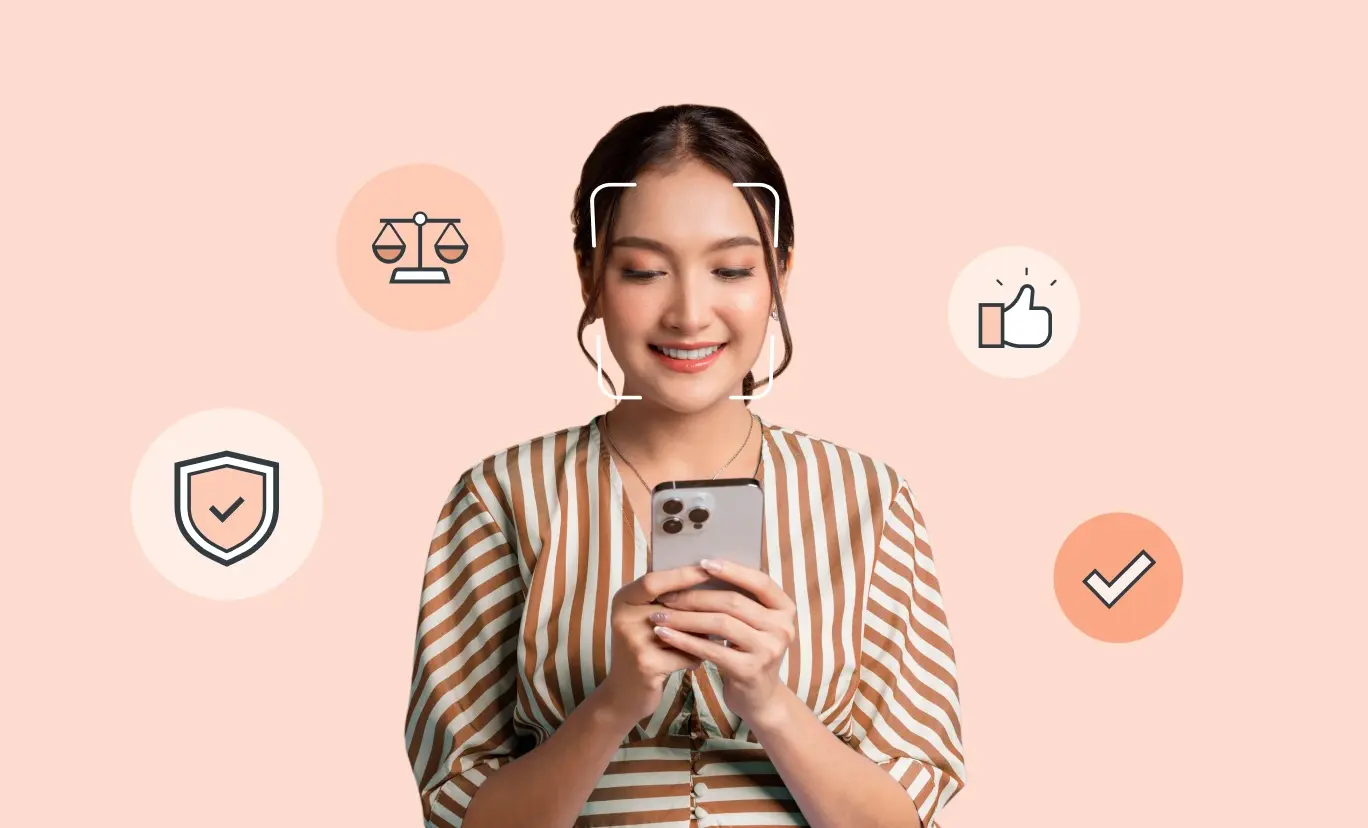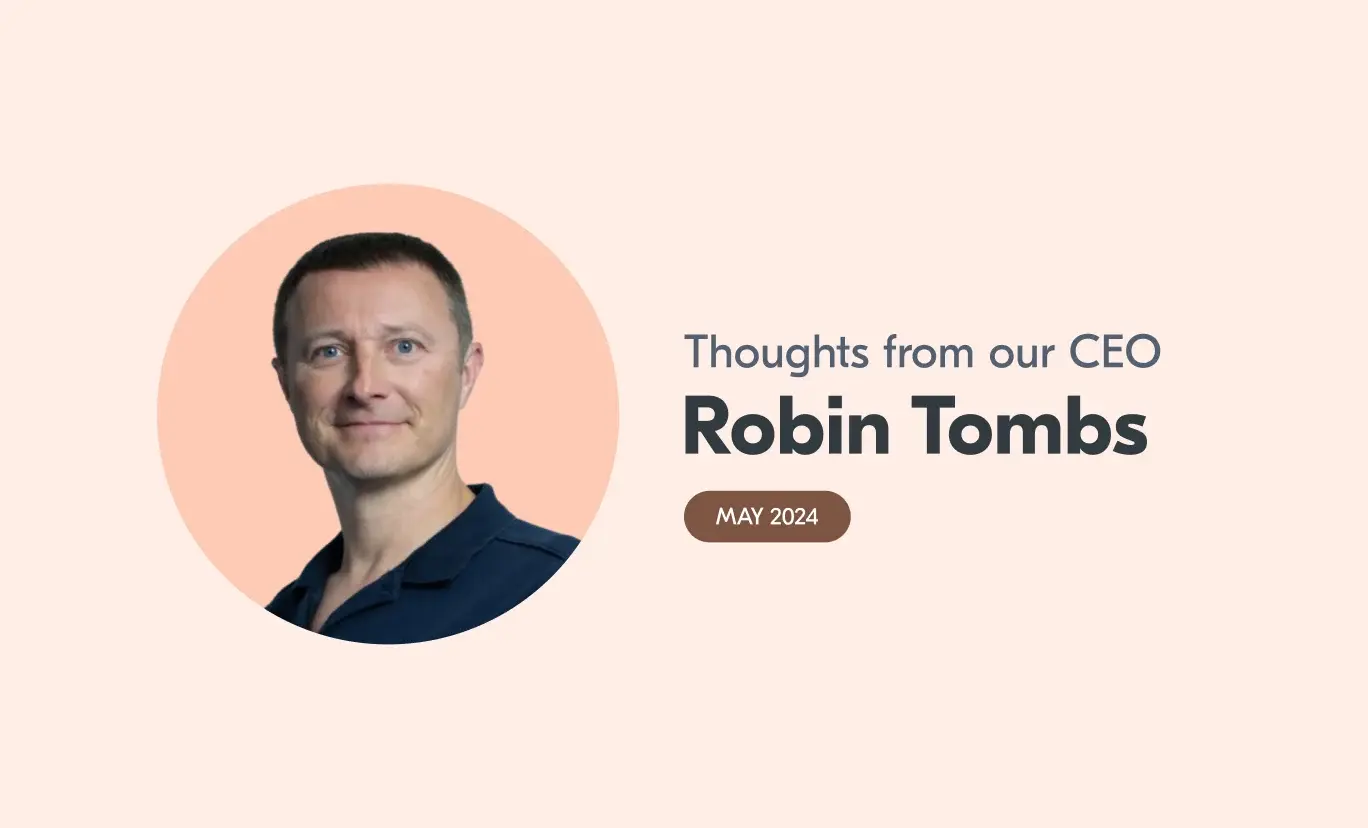Articles
Thoughts from our CEO
In this blog series, our CEO Robin Tombs will be sharing his experience, whilst focusing on major themes, news and issues in the world of identity verification and age assurance. There’s been a lot about facial age estimation this month, with Robin talking about its use by Meta in Australia as well as our facial age estimation demo site. He also chats about Yoti’s NIST assessment and how Digital IDs can be used to combat fraud. Meta introduces facial age estimation in Australia We’re delighted Meta is rolling out Yoti’s facial age estimation on Facebook, starting in Australia.
Meet the Guardians: Dr. Sindhu Joseph
At Yoti, our Guardian Council helps us to navigate the complex world of identity. They are an independent board of advisors who act as a moral sounding board for the company. We’ve had a chat with our newest Guardian, Dr. Sindhu Joseph, to find out more about why she chose to be part of Yoti’s Guardian Council. 1) Why did you decide to join Yoti’s Guardian Council? When Yoti reached out to me to join the Guardian Council, I was fascinated by the company’s vision and what Yoti is trying to achieve, particularly from a company-building perspective. Today,
Why do Yoti facial age estimation results published by NIST differ to those reported by Yoti in its white papers
In September 2023, we submitted our facial age estimation model to the US National Institute of Standards and Technology (NIST), as part of a public testing process. This is the first time since 2014 that NIST has evaluated facial age estimation algorithms. NIST age estimation reports are likely to become a globally trusted performance guide for vendor models. NIST assessed vendor Facial Age Estimation models using 4 data test sets at certain image sizes: NIST provides some example images: NIST note in their report that age estimation accuracy “will depend on
Streamline your Jersey tax returns: How to recover your Digital ID app
As the tax filing deadline approaches in Jersey, it’s time to gear up with the necessary tools for filing your returns. One such tool is the Yoti digital ID app, which offers a convenient way to verify your identity and submit your tax return online. However, many residents encounter a common hurdle: they have got a new phone or deleted the app on their current phone, only to realise they need it again to fill the latest year’s tax return. This leaves them stuck and unable to reinstall the app. But there’s a simpler solution to handle this. We’ll
The importance of transparency for facial age estimation
To protect young people online, businesses need to provide age-appropriate experiences for their users. This could apply to online marketplaces, social media networks, content sharing platforms and gaming sites. But to put the correct measures in place, businesses need to know the ages of their customers. It was previously thought that the only way to confidently establish a user’s age was with an identity document, like a passport or driving licence, or checks to third-party databases such as credit reference agencies or mobile network operators. However, regulators are now recognising facial age estimation as an effective alternative. As with
Thoughts from our CEO
In this blog series, our CEO Robin Tombs will be sharing his experience, whilst focusing on major themes, news and issues in the world of identity verification and age assurance. This month, Robin gives a summary of recent age verification events, the growing threat of AI voice cloning scams and how Digital IDs can protect you from online scams. Summary of age verification events The last few months have been a really busy time in the age verification world. Here’s a snapshot of some of the key events from the last 10 weeks: 11 March – the US

